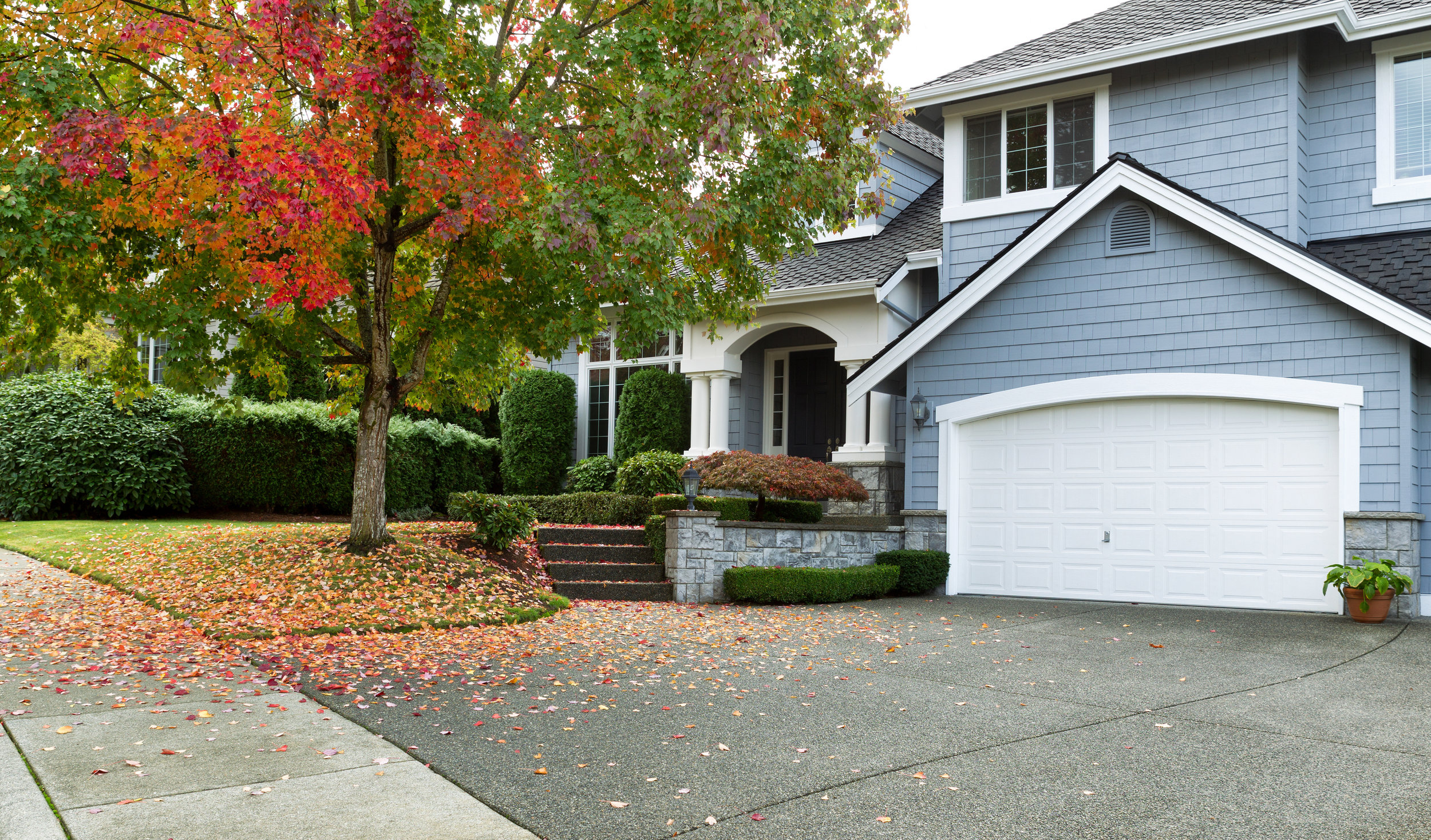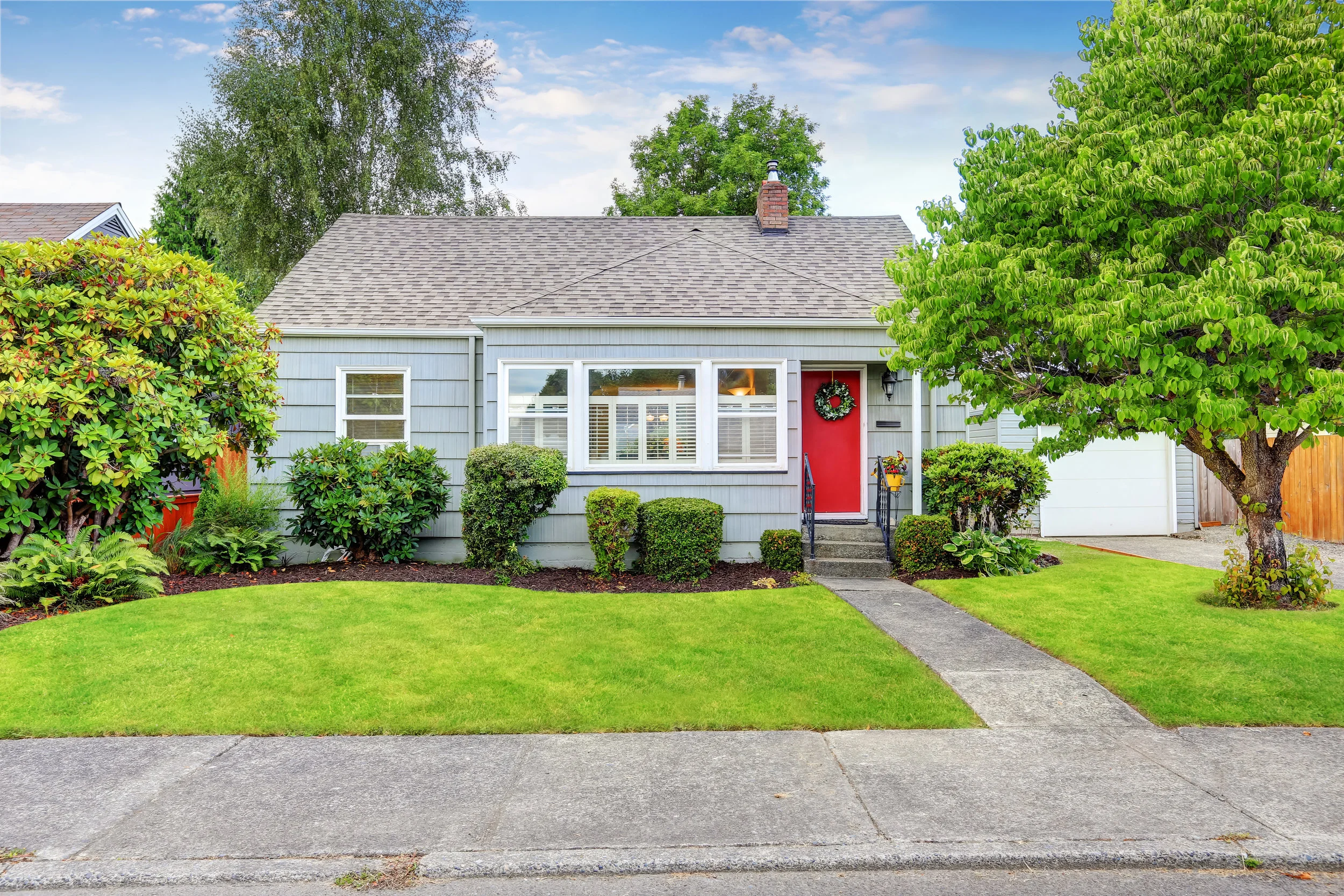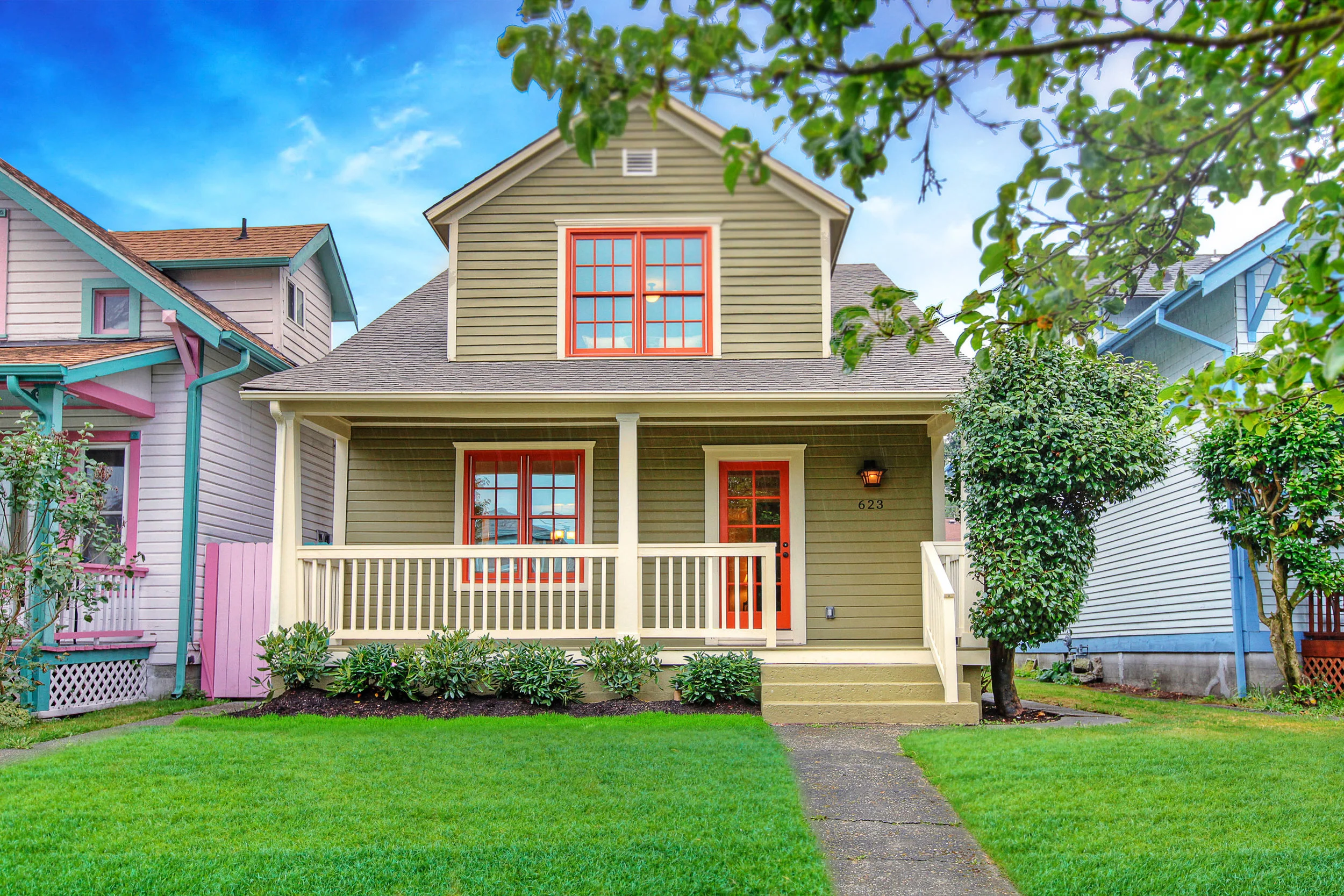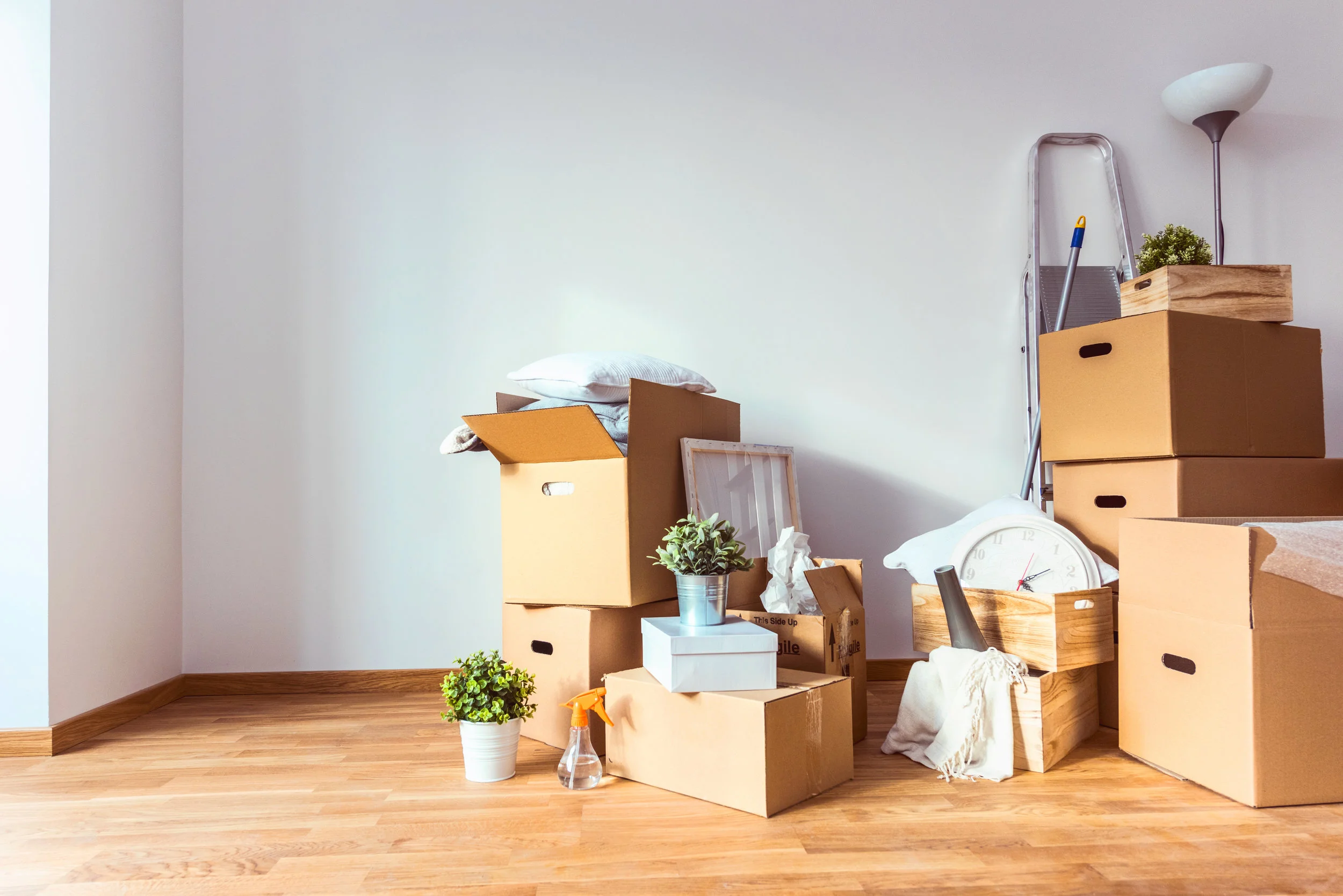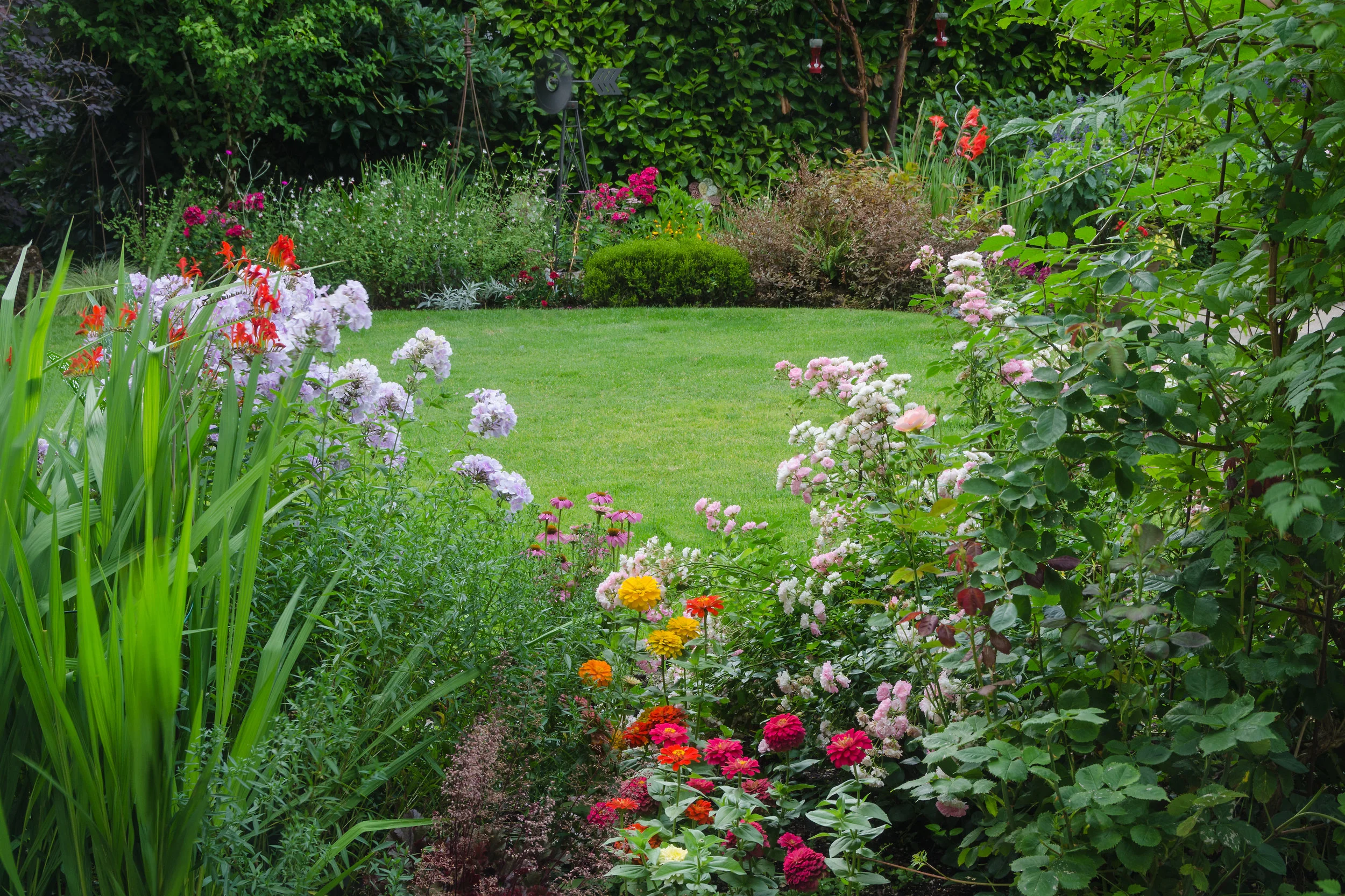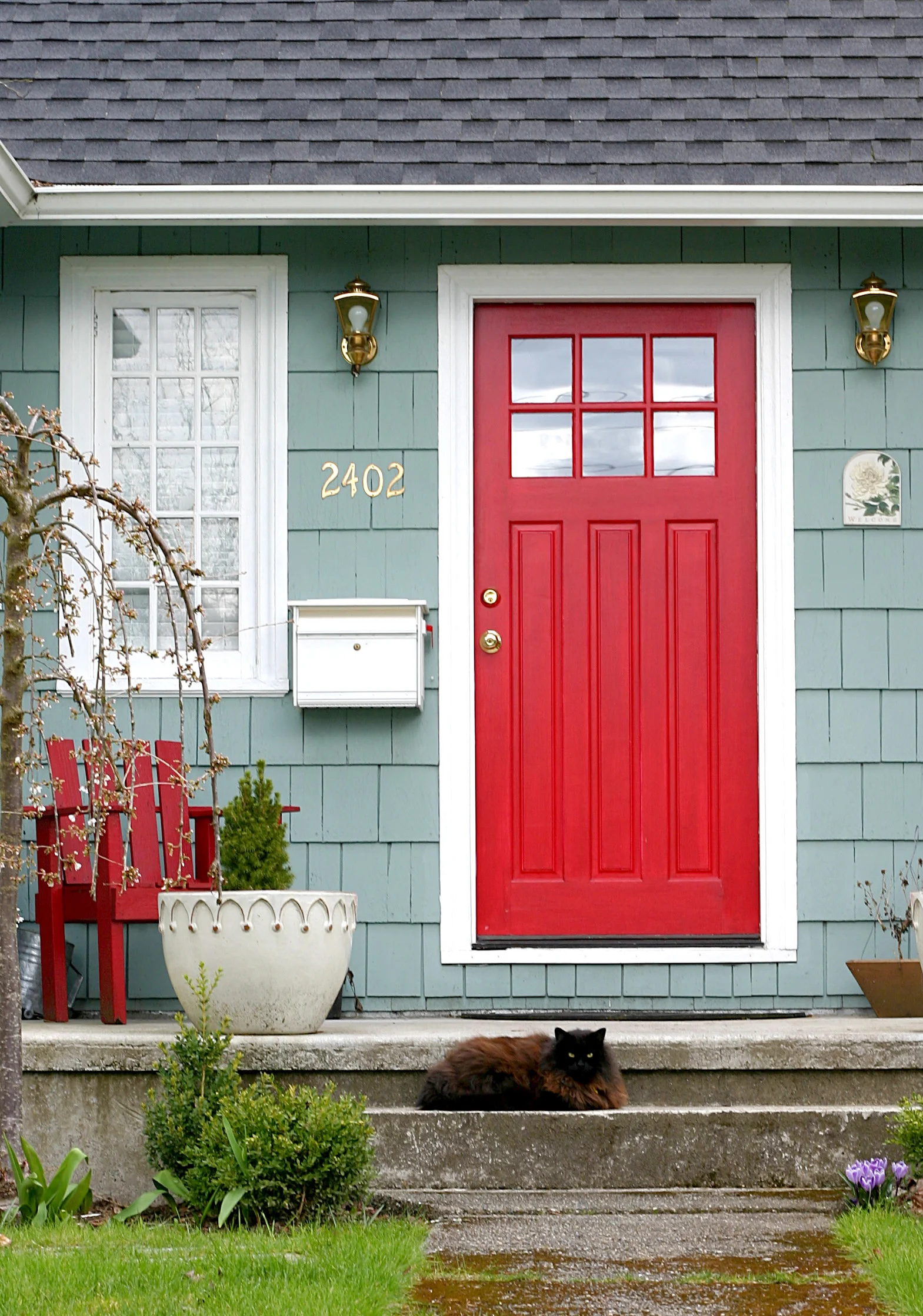Most people think spring and summer are the best times to sell, but selling in the fall has several distinct advantages. On today’s show Dave and Robert talk home selling tips for fall. See the short list below and listen to the show for all the details.
Even though it’s not spring or summer, you can still show what your home looks like in those seasons. Have your agent include photos of what your home and landscaping looks like during those seasons.
Use a Realtor that provides 3D tours of your home. A lot of buyers tour homes after they get off work. Once it’s starts to get dark earlier, they won’t be seeing your home in the daylight. A virtual tour will show them what your home looks like during the day when it’s light and bright!
Keep the leaves blown off your decks, patios and walkways.
Rinse the loose dirt off your siding before the temperature drops.
Embrace outdoor fall decorations to make your home have more curb appeal once your landscaping colors start to fade. Pumpkins and wreaths will add a pop of color.
Fall is a great time to really showcase how your house can really feel like a home. If you have a fireplace, leave it on for showings and add throw pillows and blankets to your couch. Creating a cozy vibe will make people want to move right in!
Make sure your home is light and bright! Open your curtains and blinds. Change out your light bulbs if necessary.
Make sure your color palette creates a bright and cozy feel. Neutral color palettes appeal to most buyers.
Consider investing in landscape lighting for those buyers who do showings in the evening.
Clean your windows to allow for the most light to enter into your home.
Remember to spend time on your basic home maintenance for the fall. Doing this will ensure your home is at it’s best!
Switch out your HVAC filters and deep clean any areas of your home that you might have forgotten about—the cabinet under your sink, cobwebs on your ceilings, your ceiling fan blades.



